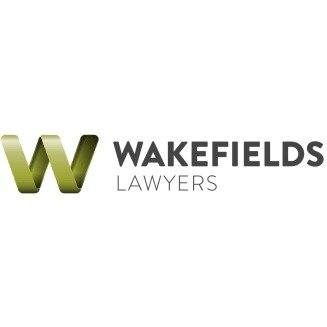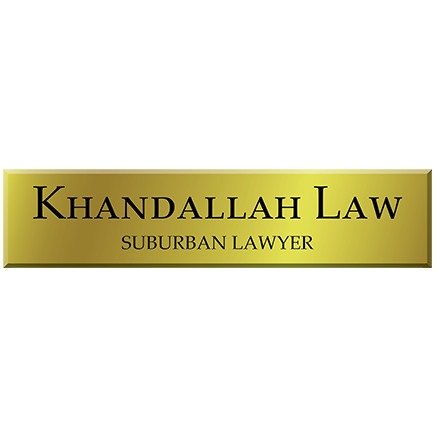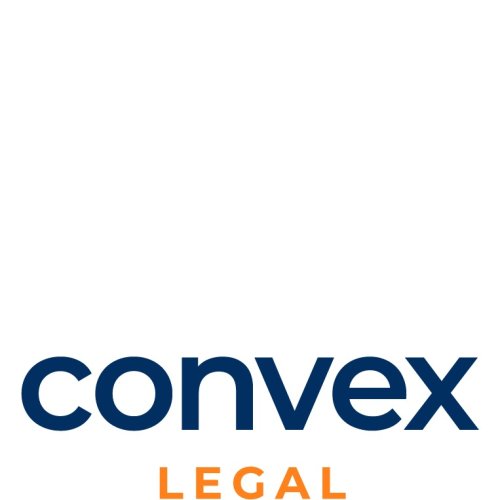Best Landlord & Tenant Lawyers in Wellington
Share your needs with us, get contacted by law firms.
Free. Takes 2 min.
Free Guide to Hiring a Real Estate Lawyer
List of the best lawyers in Wellington, New Zealand
About Landlord & Tenant Law in Wellington, New Zealand
Landlord and tenant law in Wellington, New Zealand, governs the rights and responsibilities of property owners (landlords) and their tenants. The law primarily aims to ensure fairness and clarity in rental agreements and to resolve disputes that may arise. It is grounded in the Residential Tenancies Act 1986, which outlines key obligations, such as maintaining rental properties to required standards and the rights of tenants to enjoy their homes undisturbed.
Why You May Need a Lawyer
There are several scenarios where legal assistance might be necessary for landlords and tenants. Common situations include disputes over bond refunds, disagreements about property maintenance and repairs, issues relating to lease termination, and eviction processes. A lawyer specializing in landlord and tenant law can offer valuable advice and representation to navigate these disputes effectively, ensuring that your rights are protected and obligations fulfilled under the law.
Local Laws Overview
The key aspects of local laws concerning landlord and tenant matters in Wellington include:
- Tenancy Agreements: Must be written, and a copy provided to the tenant. Essential terms include rent amount, payment method, and duration of the tenancy.
- Bond: A bond equal to a maximum of four weeks' rent can be collected and must be lodged with Tenancy Services within 23 working days.
- Rent Increases: Allowed once every 12 months with at least 60 days' written notice.
- Maintenance and Repairs: Landlords must maintain the property in a reasonable state of repair, while tenants should report any damage or need for repairs promptly.
- Terminating a Tenancy: Both parties must give written notice (the period depends on the type of tenancy). Rights to end a tenancy are strictly regulated.
- Dispute Resolution: The Tenancy Tribunal provides a legal avenue for resolving disputes if negotiation fails.
Frequently Asked Questions
What is a fixed-term tenancy?
A fixed-term tenancy defines a rental agreement for a specific period (e.g., 12 months) and cannot be ended early unless both parties agree or a breach occurs.
Can the landlord increase the rent during my tenancy?
Yes, landlords can increase the rent, but only once every 12 months. A 60-day written notice must be given for any rent increase.
How is a security bond handled?
The security bond, up to four weeks' rent, must be lodged with Tenancy Services. After the tenancy ends, claims can be made for any damages or unpaid rent.
What do I do if my landlord is not doing repairs?
If a landlord neglects necessary repairs, tenants should first notify them in writing. If unresolved, tenants can apply to the Tenancy Tribunal for assistance.
What is the process for eviction?
Eviction involves providing the tenant with a valid written notice. If a tenant refuses to vacate after the notice, the landlord must apply to the Tenancy Tribunal for an eviction order.
Who is responsible for maintaining the garden?
Unless otherwise stated in the agreement, tenants are generally responsible for basic garden maintenance, such as mowing lawns, while landlords handle major tree pruning and associated tasks.
Can a landlord enter the property without notice?
Landlords must provide 48 hours' notice for property inspections and 24 hours for necessary repairs unless there is an emergency, in which case entry without notice might be permissible.
Is tenant insurance required?
While not legally required, tenant insurance can cover personal belongings and liabilities for accidents or damages caused.
How can a tenant dispute a bond claim?
If there's a disagreement over bond claims post-tenancy, tenants can dispute it through the Tenancy Tribunal, providing evidence to support their case.
What are Healthy Homes Standards?
Introduced to ensure rental homes meet specific standards of heating, insulation, ventilation, moisture ingress, and drainage to ensure safety and habitability.
Additional Resources
For further assistance, the following organizations can provide guidance and support:
- Tenancy Services: Offers information, guides, and dispute resolution services to both landlords and tenants.
- Community Law Centre: Provides free legal help and advice across New Zealand.
- Citizens Advice Bureau: Offers information and advice on a wide range of issues, including tenancy rights and responsibilities.
Next Steps
If you need legal assistance in the realm of landlord and tenant matters, consider the following steps:
- Gather Documentation: Compile all relevant documents, such as tenancy agreements, correspondence, and receipts, to support your situation.
- Consult a Lawyer: Seek out a legal practitioner with expertise in landlord and tenant law to discuss your case and possible solutions.
- Contact a Mediation Service: For disputes, consider using a mediation service to reach an amicable resolution without legal proceedings.
- Prepare for Tribunal: If necessary, prepare to take your case to the Tenancy Tribunal for a formal decision.
By taking these steps, you empower yourself to handle landlord and tenant issues effectively and protect your interests under the law.
Lawzana helps you find the best lawyers and law firms in Wellington through a curated and pre-screened list of qualified legal professionals. Our platform offers rankings and detailed profiles of attorneys and law firms, allowing you to compare based on practice areas, including Landlord & Tenant, experience, and client feedback.
Each profile includes a description of the firm's areas of practice, client reviews, team members and partners, year of establishment, spoken languages, office locations, contact information, social media presence, and any published articles or resources. Most firms on our platform speak English and are experienced in both local and international legal matters.
Get a quote from top-rated law firms in Wellington, New Zealand — quickly, securely, and without unnecessary hassle.
Disclaimer:
The information provided on this page is for general informational purposes only and does not constitute legal advice. While we strive to ensure the accuracy and relevance of the content, legal information may change over time, and interpretations of the law can vary. You should always consult with a qualified legal professional for advice specific to your situation.
We disclaim all liability for actions taken or not taken based on the content of this page. If you believe any information is incorrect or outdated, please contact us, and we will review and update it where appropriate.

















